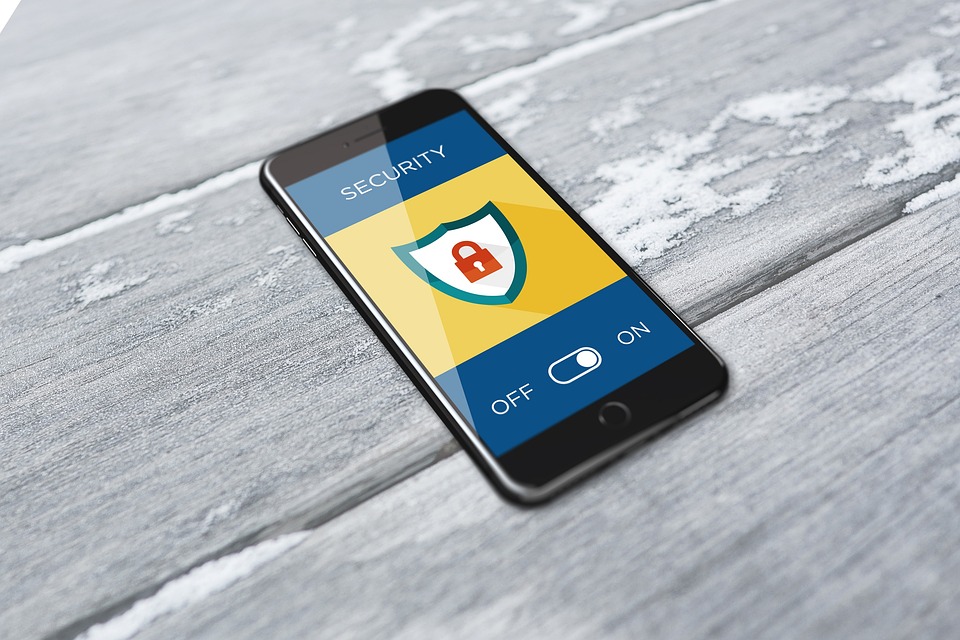ATLANTA, Ga. (Atlanta News First) – Now that kids are back in class, it’s time for parents to shift their focus from back-to-school clothing and supplies to internet security, online scams, suspicious links, and stolen personal information.
While some teachers require their students to use the internet as a resource, parents need to monitor the websites on which their kids rely.
The Better Business Bureau created a dedicated internet safety page to teach parents how to protect their kids from websites that prey on collecting personal information.
School-issued laptops have security features, but that doesn’t stop kids who prefer the convenience of their cell phones.
“I never rely on a phone’s security settings to block suspicious or unverified websites, especially sites that want to collect personal information. Ask your child which website they want to use and change your phone’s parental settings to require authorization. In addition, ask your kid’s teachers which websites they recommend. Teach your child to be an investigative journalist. Teach them to question the source of information.”
Here are some highlights from The Better Business Bureau’s safety tips page:
Creating accounts on websites without permission. Social media sites are ripe with strangers with intentions that may be quite different than yours. Many sites are designed to collect and sell unauthorized user details and behaviors to advertisers seeking targeted marketing. When creating an account, some kids may falsely create a birthdate to meet the minimum age requirement. Know what your child is doing online, and keep track of the social media sites and accounts to which they have access.
Contests and giveaways. Contests and giveaways often collect a hefty amount of personal information on their entry forms. Many are thinly disguised ways of collecting personal or financial information that could lead to identity theft. Ensure your child doesn’t have access to banking or credit card information, and supervise the filling out of any forms.
Phishing. Adults are not the only ones who receive spam and junk mail. Kids often get junk mail, and since they don’t have much online experience, they are more susceptible to clicking on links and answering questions they probably shouldn’t. While some emails may be legitimate, the last thing parents want, or need, is a $500 bill from a fraudulent website where a purchase may have been made- or worse, giving up personal information that can be tracked back to your home.
Understand apps. Short for “applications,” apps are downloaded software that operates on various devices, such as smartphones. However, certain apps might collect and share personal information about your child or target your child with ads. Even free apps may include paid features, and children may not understand that some apps or game features cost money since they were labeled free to download. They may click on these so-called free games and cost parents or guardians a hefty bill at the end of the month.
File sharing sites. Many websites allow children to download free media. A child may not realize that these sites often come with the risk of downloading a virus, allowing identity thieves to access the gaming device, personal computer, or cell phone that’s being used. From there, the cyberthief can track financial transactions, and physical location, or even tap into the household wifi without anyone knowing it.
If there’s something you would like Atlanta News First′s Consumer Investigator Better Call Harry to look into, fill out this submission form.
Copyright 2023 WANF. All rights reserved.







/cloudfront-us-east-1.images.arcpublishing.com/gray/TFKZT5P7IJBYBBOEDMVSXIS3OQ.jpg)



